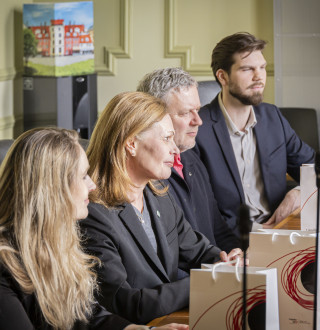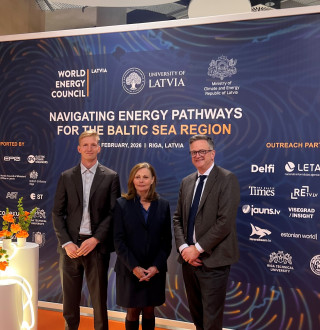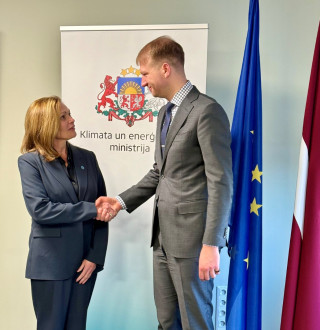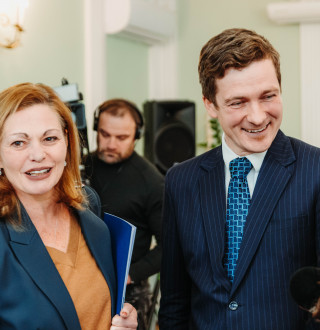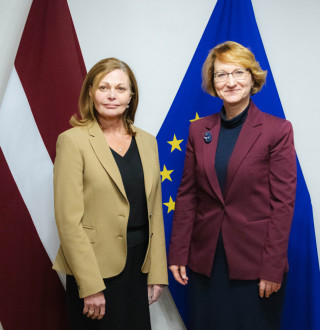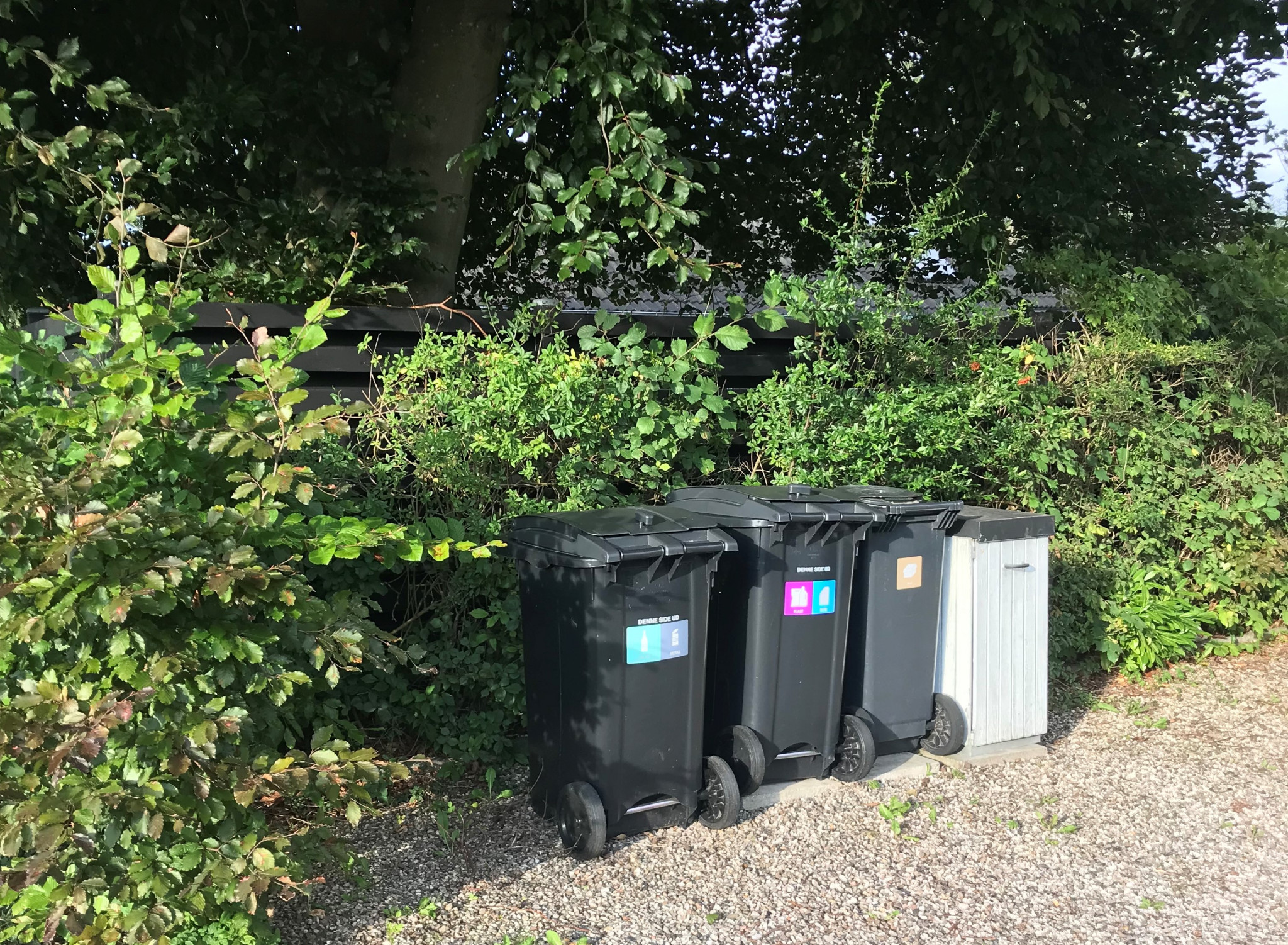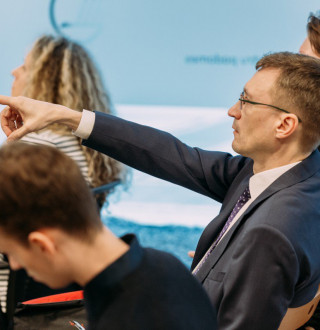The Nordic Council of Ministers’ Office in Latvia, together with the Ministry of Environmental Protection and Regional Development (VARAM) has carried out, in collaboration with the SKDS polling company, a survey about the habits of sorting waste in Latvia. According to the survey, 76% of the Latvian population takes part in sorting waste. The survey included eleven kinds of waste (plastic, glass, metal, batteries, etc.), and the data says that 18% are sorting only one to two kinds of waste, whereas most of the people who recycle choose to sort three to four (29%) or more than five (29%) kinds of waste. Nevertheless, the three most common kinds of household waste, which can also be recycled best – glass and plastic packaging, and paper – are sorted only by 37.8% of the people surveyed. Likewise, 27.5% of the people surveyed say that they are sorting glass, plastic, paper and battery waste.
Most often, people choose to sort glass packaging (58%) and plastic packaging (55%). About half of the population recycles batteries (49%) and paper (47%). None of the remaining kinds of waste are recycled by more than one-fourth of the people surveyed. 24% of the respondents recycle used electrical devices, 23% recycle metal packaging, 20% recycle biological waste (most often, i.e. 31% in the countryside, where it is used to make compost for the household), whereas 20% recycle used tires. Few respondents recycle medicines that they don’t need (13%), textiles (12%), used technical oil and oil filters (8%). Rudīte Vesere, the head of the Environmental Protection Department at VARAM, says that more people recycle glass and plastic packaging, as well as batteries and paper, seeing as these kinds of waste have the greatest opportunities for separate collection. At the moment, infrastructure for the separate collection of biological and textile waste is being developed in the Pierīga waste management region. The system is to be developed throughout Latvia, thus increasing the percentage of people who sort these kinds of waste.
The survey likewise asked respondents to name the reasons why, in their opinion, people recycle. 64% of the respondents said that the greatest motivation for recycling is to reduce the effect their activities have on the environment. About a third of the people surveyed say that easily accessible recycling bins encourage waste sorting. Meanwhile, other factors are pointed out much more rarely. For example, only 12% of the respondents think that waste sorting brings financial benefits. “Waste sorting is reasonable and affordable. Part of the population is motivated by the reduction or non-increase of expenses that waste sorting brings. It should be noted that access to clear and readily understandable information about the benefits of sorting waste plays a very important role. Therefore we ask municipalities and waste management companies to publish the removal costs for different kinds of waste in a clear and direct way, also making this information easily accessible.”
The survey also asked respondents to name the reasons why, in their opinion, people don’t sort waste. Three thematic groups can be created from the reasons that emerged. Most often (48%), according to the people surveyed, individuals are not interested in sorting waste and they don’t want to spend time on this task. The second most common reason has to do with objective obstacles to recycling: there are no easily accessible recycling bins (42%), the sorting system is not readily understandable (30%), there is not enough space for sorting waste at home (28%). The third group that can be marked out has to do with the lack of benefits to sorting waste: people don’t get paid for sorting waste (26%) and sorting waste has no meaning and effect (24%).
The people in Vidzeme and Zemgale are the most active in sorting waste. 90% in the former and 83% in the latter region sort at least one kind of waste. In Kurzeme and Pierīga region, 77% of the people sort waste. Whereas 73% of the people in Rīga and 69% in Latgale sort waste.
The survey was carried out in September 2021, with a total of 1017 residents of Latvia, aged 18 to 75, taking part in the survey. Access the full results of the research here.
The survey is part of the Nordic Council of Ministers’ Office and VARAM project “Adapting the Danish pictogram system to the Baltics”, as part of which entrepreneurs, municipal representatives, waste management companies and NGOs have been introduced to the pictogram system for waste sorting in use in the Nordics. This system could be a useful tool for making it easier to sort waste, both in Latvia and elsewhere in Europe. Introducing the pictogram system is voluntary for municipalities, waste management companies and businesses. Read more about the pictogram system here.
